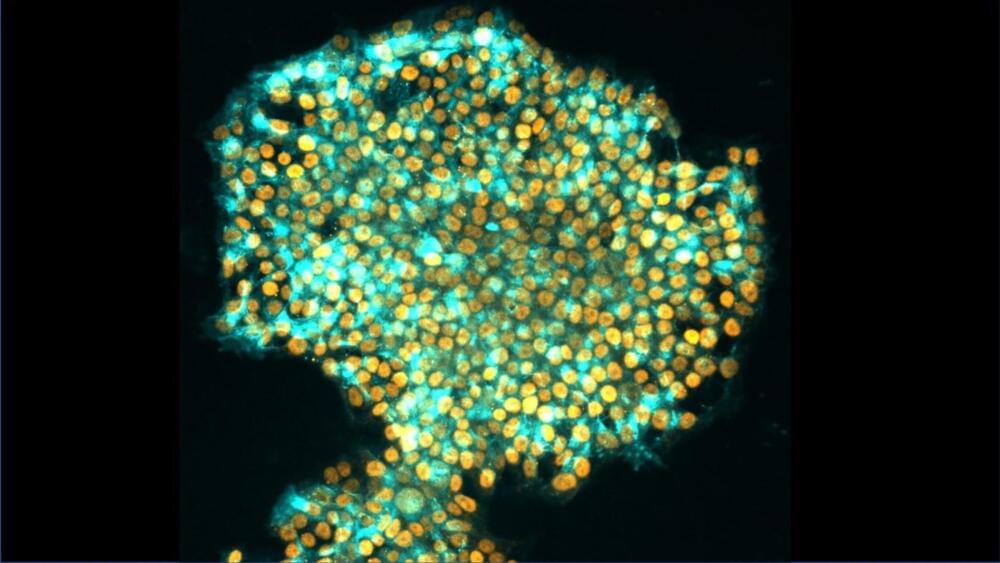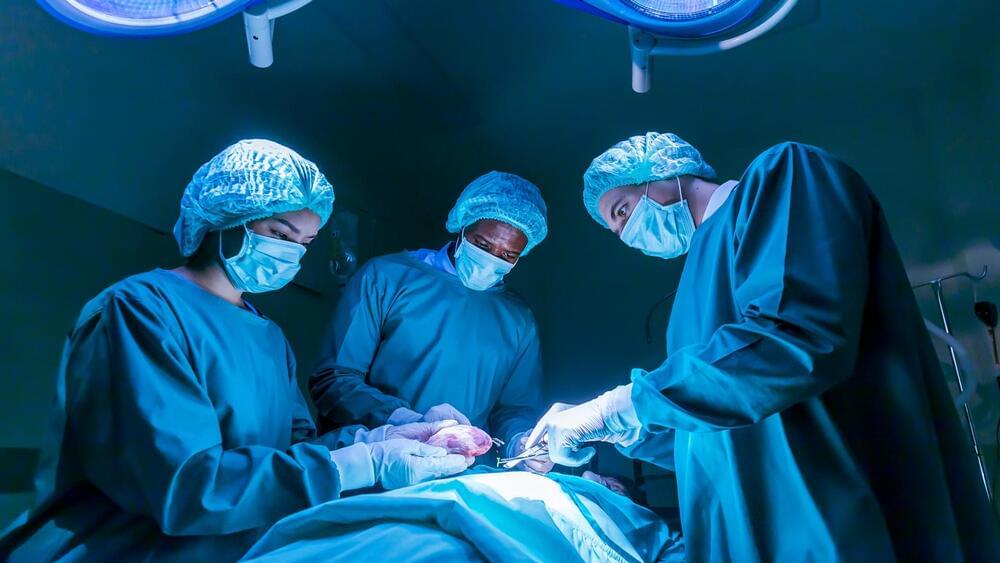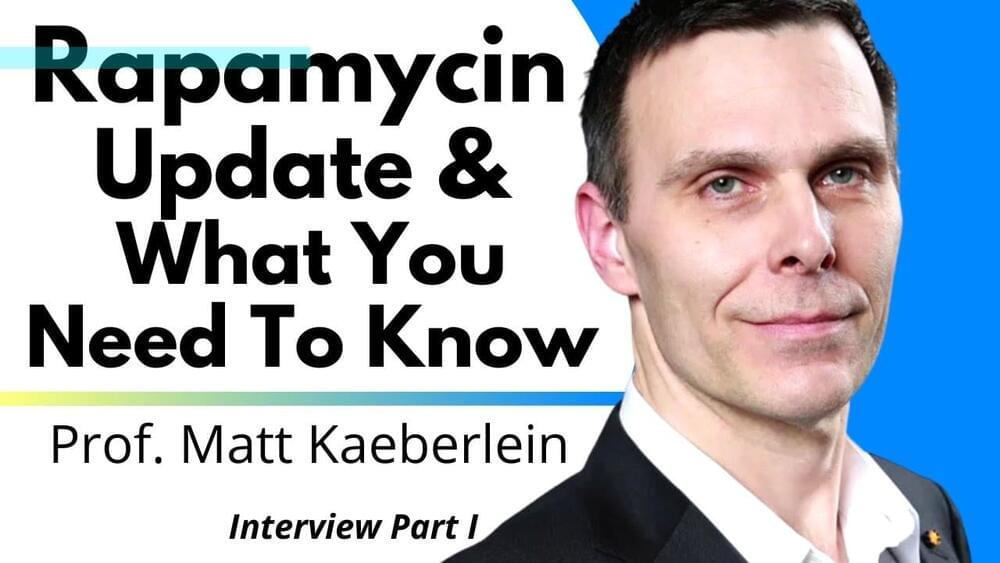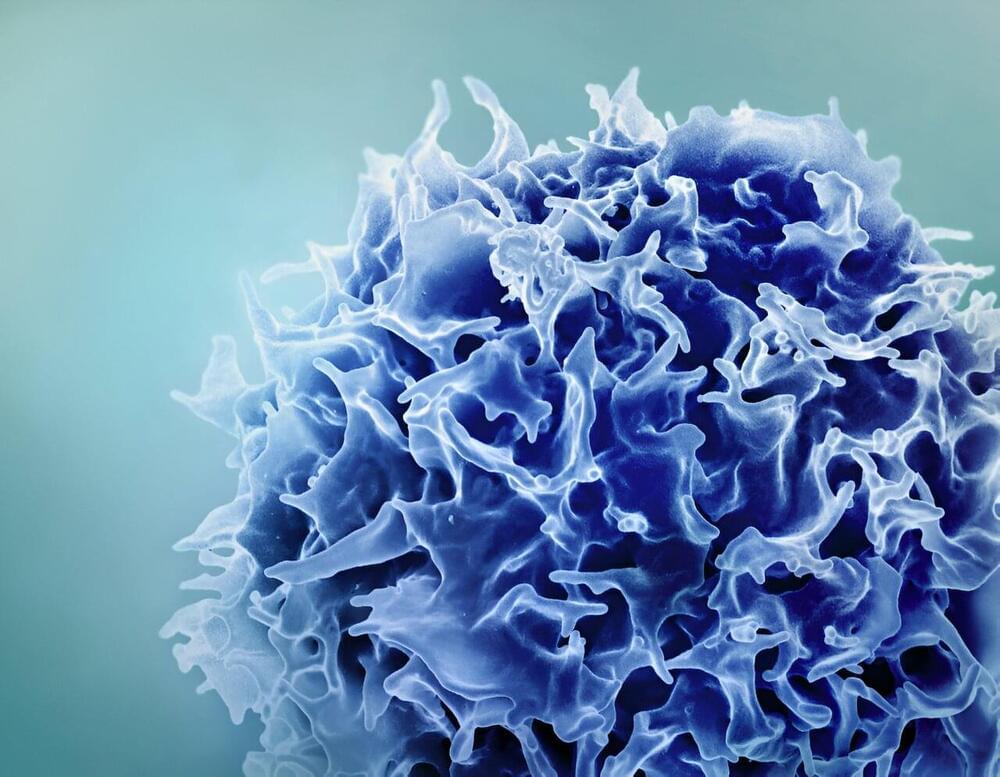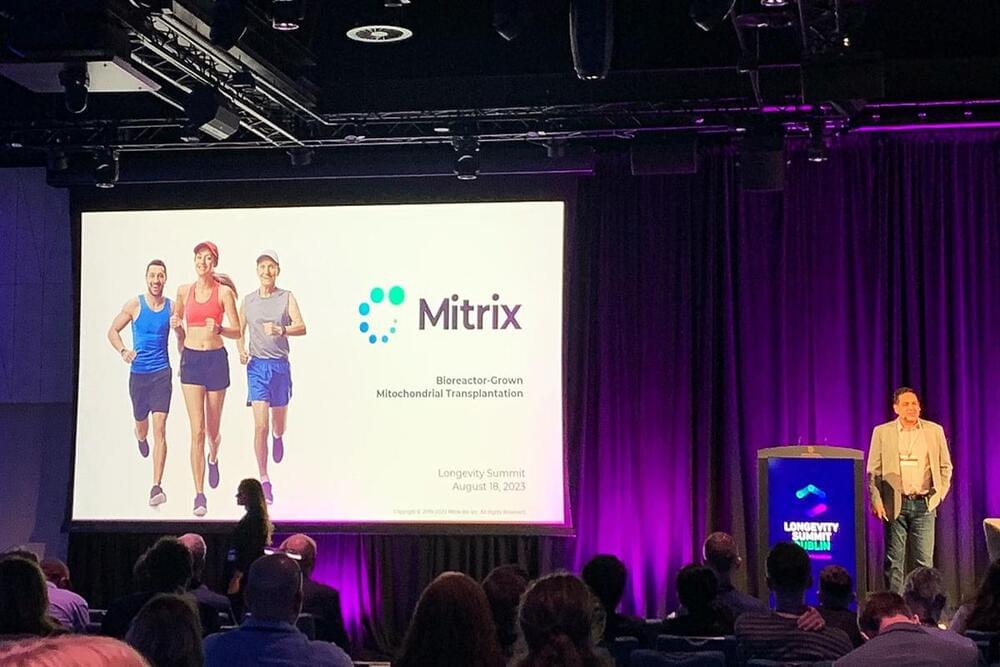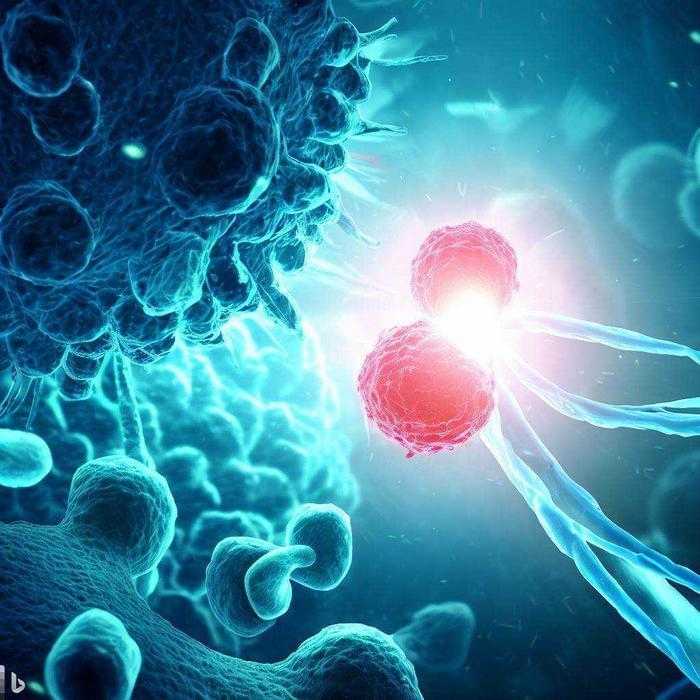Aug 18, 2023
How to reprogram a cell into a stem cell? Wipe its memory
Posted by Gemechu Taye in category: biotech/medical
Australian researchers have developed a new method to reprogram human cells to better mimic embryonic stem cells called transient-naive-treatment (TNT).
Stem cells, serving as a repair system for our body, generate all other cells with specialized functions. There are two main types of stem cells: embryonic stem cells and adult stem cells.
In a scientific advancement in the 2000s, it was discovered that somatic cells, which are responsible for the growth and development of an organism, could be artificially reprogrammed into a state that resembles embryonic stem (ES) cells, also known as induced pluripotent stem (iPS) cells. These cells can then generate any cell in the body.
